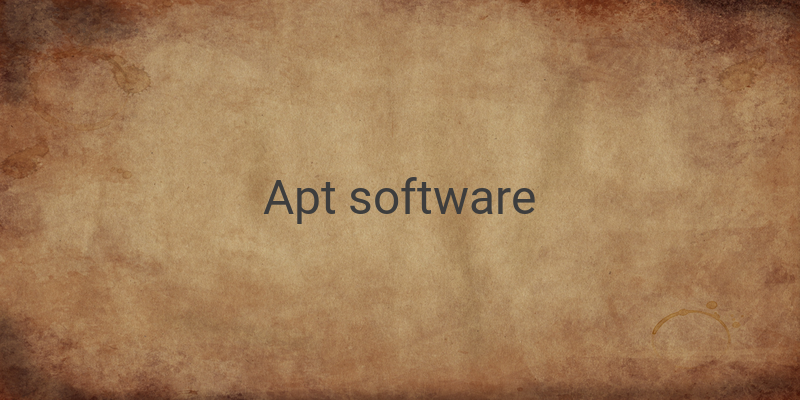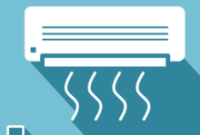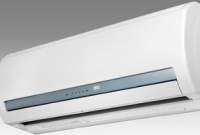Are you having trouble with a slow-running Linux system? Don’t worry, you’re not alone. With the constant updates and installations of new software packages, it’s natural for Ubuntu and other Debian-based systems to slow down. One way to improve the performance of your machine is by clearing out the APT Cache. In this blog post, we’ll explore how to clear out APT Cache using the Apt Clean Command.
What is APT Cache and How Does it Work?
APT Cache is a tool used for package management in Ubuntu and other Debian-based distributions. It works by storing software packages in a local cache, which prevents repeatedly downloading them from the internet. This can significantly improve the installation and update process, especially in cases with multiple systems on the same network. APT Cache reduces bandwidth usage, keeping the system updated with the latest patches and security fixes. While this tool may seem simple, it plays a critical role in ensuring that Debian-based systems can be managed efficiently.
Benefits of Clearing Out APT Cache
Clearing out APT Cache may seem like an insignificant task, but it brings significant benefits. When the cache gets too large, it can slow down your Ubuntu system and take up valuable disk space. Clearing it out can lead to improved performance and can even free up several gigabytes of storage. Additionally, regularly clearing out the cache can help ensure that you are only installing the latest stable versions of software, thereby improving the stability and security of your system.
Understanding the Apt Clean Command
The apt clean command is a powerful tool for keeping the system clean, organized and running optimally. When executed correctly, this command removes outdated and unused software packages, freeing up valuable disk space. It helps to reduce the risk of system crashes, minimize memory usage, and prevent potential security vulnerabilities. By mastering the apt clean command, you can benefit from a cleaner, more efficient Ubuntu system.
How to Run the Apt Clean Command
To run the apt clean command on an Ubuntu system, follow these simple steps:
1. Open the terminal: Press Ctrl + Alt + T on your keyboard to open the terminal window. On some Linux distributions, you can also find the terminal application in the main menu.
2. Enter the apt clean command: Type “sudo apt clean” into the terminal window and press enter. This command will require administrator privileges, so you may be prompted for your password. Enter your password, and press enter to continue.
3. Verify the cache has been cleared (optional): If you want to confirm that the cache has been cleared, you can use the command “ls /var/cache/apt/archives/”. This command will list the contents of the APT cache directory. If the cache has been cleared, you should see only a partial folder and no package files.
Troubleshooting and Debugging Issues with the Apt Clean Command
If you encounter issues while executing the apt clean command, don’t panic. Here are some common issues and their solutions:
1. Permission denied error: If you run the apt clean command without sudo or administrator privileges, you might receive a “permission denied” error. To fix this issue, make sure to use sudo before the command, like this: sudo apt clean
2. Command not found error: If you receive a “command not found” error, it could indicate that you’re running the command on a non-debian-based Linux system. Ensure that your system is running a Debian-based distribution before trying to execute the apt clean command.
3. Locked package cache: If the apt clean command reports a “locked package cache” error, you can solve it by identifying and removing the file /var/lib/dpkg/lock.
4. Corrupted cache or metadata: If the APT cache or metadata becomes corrupted, it can cause issues with the apt clean command. To resolve this, delete any corrupted files or directories within the /var/lib/apt/lists directory.
Alternatives to The Apt Clean Command for Clearing Your APT Cache
Besides the apt clean command, there are other ways to clear out APT Cache, such as using the apt-get clean or aptitude clean command. The difference between them is that apt clean combines the functionalities of both. Aptitude is an alternative package management system for Debian distributions. If you prefer GUI-based tools, there is also Ubuntu Tweaks, which allows you to clear all caches from an easy-to-use interface.
Conclusion
Clearing out the APT cache is an essential task that often gets overlooked. By regularly clearing out the cache, you can prevent your system from slowing down and reduce disk space utilization. With the apt clean command, you can maintain a healthy and efficient Ubuntu system while avoiding potential vulnerabilities. By following the steps outlined in this article, and with the tips provided on how to troubleshoot any issues that may arise, you should be able to clear the cache and optimize your Ubuntu system’s performance.




